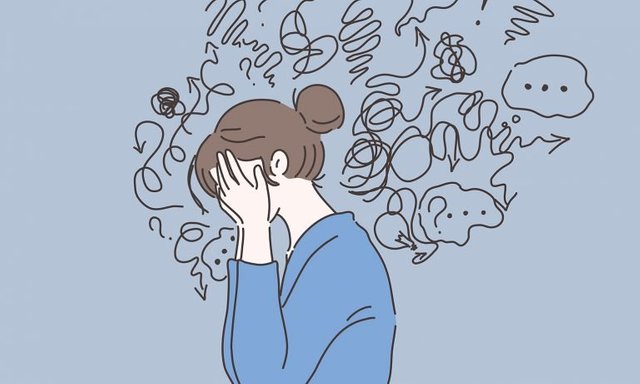The famous battle cry is "fight or flight" and it really applies to our everyday life. If you have ever tried to fight a panic attack, you know how tough it can be. It takes control of your mind and body so that it becomes impossible to do your normal activities. If you want to know how you will fight on against anxiety and panic attacks, read the following article.
Anxiety and panic attacks happen when there is an overwhelming feeling in your body such as dizziness, hotness and numbness, heart pounding, sweating, shortness of breath, and numbness in your hands and feet. This can also occur anywhere in your body but usually occurs in the head. Anxiety and panic attacks are most often associated with situations that are traumatic or stressful. It can also be related to fear and even phobias. If you know what triggers an anxiety attack, then you can learn how to manage them better.
Some of the situations that make anxiety and panic attacks happen include: getting nervous before a big exam, having a job interview, getting nervous when someone is talking to you, or even watching a scary movie. If you have experienced any of these situations and you know how they affect your body, then you should know how to handle them. However, if you have never had anxiety or panic attacks before then you should begin the process of learning how to handle them.
When you first feel an anxiety attack, you will often go into survival mode. You may be aware of the symptoms you experience, but you will try to figure out what caused the attack in the first place.
One of the symptoms of an anxiety attack is the inability to think clearly. This is why many people call their attacks "an episode of amnesia." You may remember the symptoms like the pounding in your chest and hot flashes and shortness of breath, but once you start thinking about them you will quickly realize that you are unable to think clearly.
Another symptom of an anxiety or panic attack is the inability to respond properly to situations. When you're having a panic attack, you will have difficulty breathing and you may start hyperventilating. You may also go through what is called a rapid eye movement, which means that you will have a racing heart rate, sweating, and also jerk your eyes around uncontrollably.
Once you've gotten through these physical signs, then you are going to need to learn how to deal with your thoughts. The most important thing that you need to know is that if you focus on things that are positive, you will feel much better. You may also find that your anxiety and panic attack symptoms are dissipating.
After learning how to fight anxiety and panic attacks, it is time for you to learn how to relax and focus on positive thoughts. Your focus on positive things will help you take control of your anxiety and panic attack episodes.
Another thing that you can do to help yourself when you are having anxiety attacks is to learn how to get rid of phobias. By learning how to overcome your phobia's you will be able to avoid fear and panic attack episodes.
When you learn how to overcome your fears, you will be able to cope better with anxiety and panic attacks.
Anxiety and panic attacks may seem overwhelming, but there is help. Many people struggle to cope with anxiety and panic attacks and may not be aware of the help that is out there to them.
Remember that you have already learned how to fight anxiety and panic attacks and you can learn to handle them easily. with the right guidance. Many people turn to professionals for help when they are unsure about how to handle their attacks.
So, if you are having anxiety and panic attacks, then make sure that you seek out help from a professional that can help you learn how to manage and overcome your anxiety and panic attacks. You may need more than just a little bit of advice.


